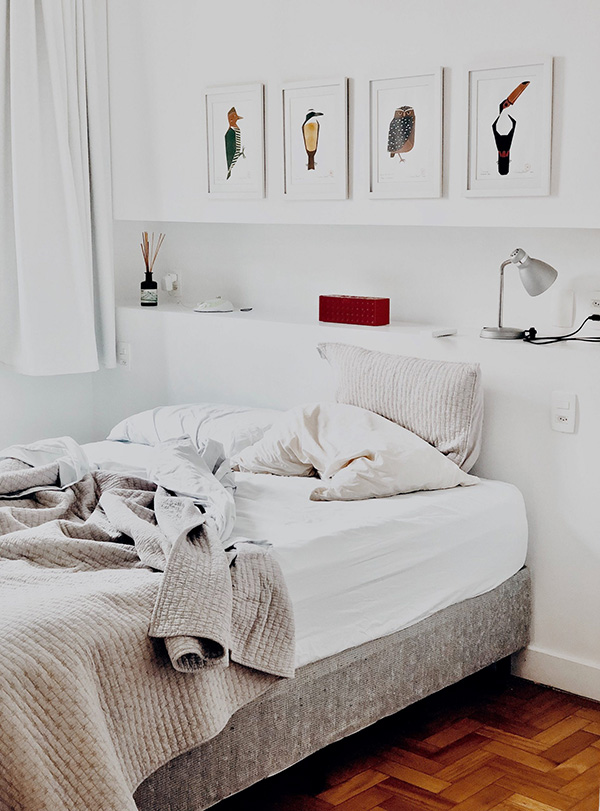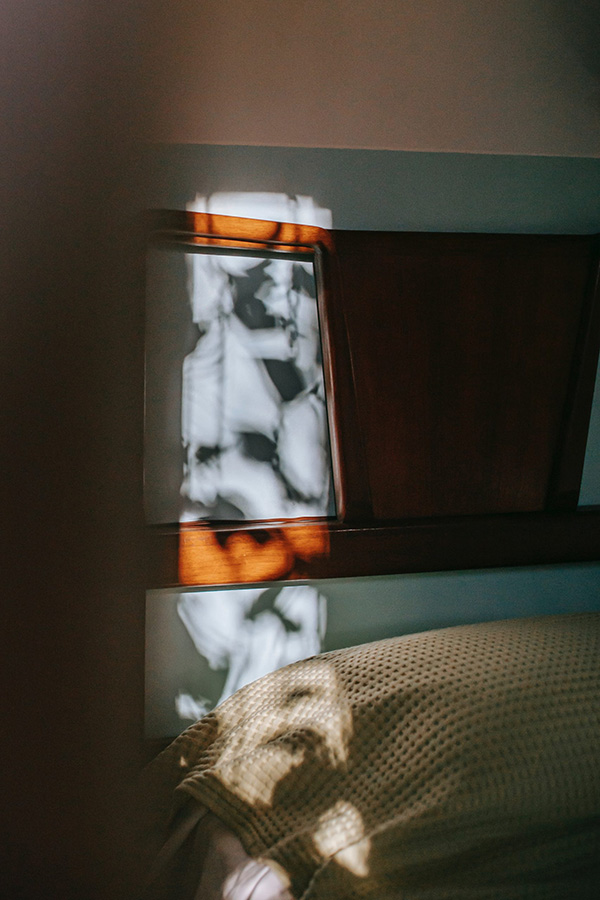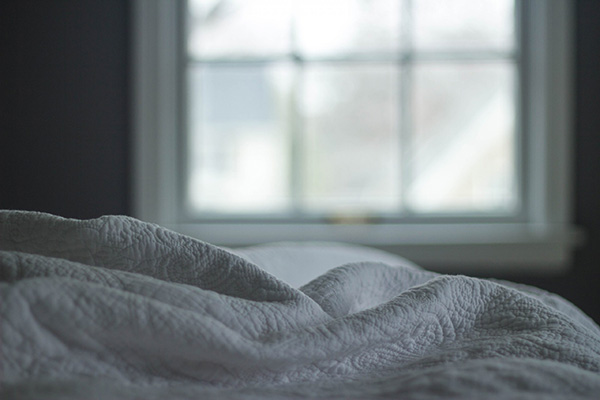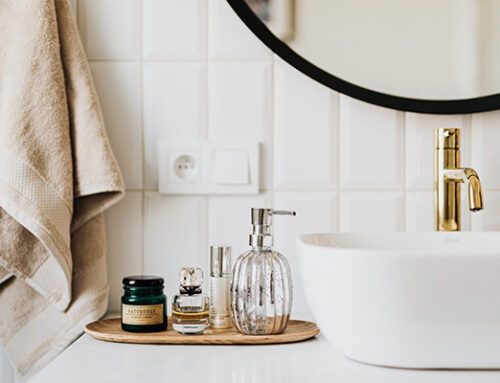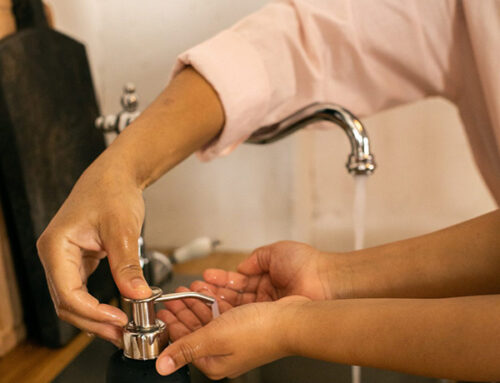An average bedroom rug contains about 200,000 bacteria per square inch. This sounds gross, but wait till you find out about all the other places in a bedroom where these germs thrive and procreate.
The mattress and bedding are next on the list. If they aren’t cleaned regularly, they’ll be home for unearthly amounts of dust mites. These tiny bugs feed on dead skin cells, and as they spread their wastes, they could cause various types of allergies and respiratory issues.
The laundry heap, door handles, light switches, curtains, and old makeup, are also hot spots for bacteria. Not to mention what the things that fall off a pet can do.
These are all causes of sickness and decreased stamina. But you can push back and reclaim your wellbeing according to our local end of tenancy cleaners in Harrow. The 10 tips we listed here are the insiders’ guide to reducing bacteria in the bedroom.
10 Tips to Reduce Bacteria in the Bedroom
These tried and true tips sum up the most effective ways to keep a bedroom clean and free from nasty bacteria.
1. Let the Sunshine Cleanse Your Room
There are numerous benefits to letting the sunshine into your room. Open as many windows as you can from the early hours of the days till sunset. A recent study showed that even without the sanitizing effects of ultraviolet light, merely exposing domestic areas to natural light killed half of the bioload in the room.
In addition to the freshness, daylight is good for circadian rhythms, enhances vitamin D production, and generally improves mood.
2. Ventilate Your Room Everyday
This point goes along the lines of the previous point. If your house is in a location where the air is nice and clean, then it would be wise to ventilate your room as frequently as possible.
Proper ventilation replenishes the oxygen in the room, which in turn limits various types of bacteria. It also removes airborne toxins that are known to accumulate in closed spaces.
3. Change and Wash the Bed Linen Every Week
Few things are as good for the psyche as the smell of fresh linen! You might not notice it, but fresh laundry is among the top odors that give instant comfort. Additionally, clean linen means far fewer bacteria in the bed.
Ideally, used bedsheets should be washed weekly on high heat and left to dry in the sun. However, if a family member is sick, then more frequent changes are recommended.
4. Vacuum and Mop Every Other Day
Bedrooms are heavy traffic places, and in some households, they could be as bustling with family activity as the living room. That’s why the floors and rugs should be vacuumed every other day.
Mopping with a disinfectant is essential too, especially if there are pets around the house. Some microfiber mops are equipped with a soap dispenser to make this easy and breezy.
5. Remember to Vacuum the Mattress, Chairs, and Bedding
Any padded object can potentially harbor hundreds of thousands of bacteria and other bugs. Vacuuming mattresses, pillows, quilts, and chairs decrease these pathogenic cultures significantly. And for a more thorough cleanup, you can take them out in the sun for a few hours.
It’s worth noting that most of these items have an expiry date, ranging from 2-7 years. And it’s best to always use healthy fresh items.
6. Use Disinfectant for All the Surfaces in the Room
The thing about germs is that they’re so tiny, they don’t make sounds, and they can live on any surface for years. That’s why you need to proactively think about all the possible hideouts for these bugs.
Bearing in mind that they simply hide in plain sight, then it would be wise to disinfect all the surfaces around you. This includes the objects that you use frequently, like the remote controls, phones, keyboards, door handles, light switches, keys, and all the other stuff on your dresser.
You can use a piece of cloth soaked in a suitable disinfectant on most surfaces. The ones that seem to be more detailed can be cleaned with disinfectant wipes or spray. As for mobile phones and other devices, you might want to check the manufacturer’s recommended procedure for disinfection.
Using a room sanitizer or air purifier could also be good.
7. Don’t Eat or Snack in the Bedroom
Some bedrooms contain a mini-bar, which is often filled to the brim with sweet and savory items. This is, of course, totally luxurious. But it’s also an open feast for germs all around the room.
It’s best then to keep all the foods, drinks, and snacks outside the bedroom. The only drink that’s welcome is a bottle of water.
8. Keep the Shoes and Streetwear Outside the Bedroom
Young kids learn from an early age that pajamas should only be used for sleeping. And if they can still apply the same rule as adults, this would keep a huge number of bacteria out of the room.
Shoes pick up a staggering amount of dirt throughout the day. And so do clothes and work outfits, but maybe to a lesser extent. That’s why it’s essential to don these streetwear items outside the bedroom and enjoy the languid feel of the jammies inside.
9. Declutter the Bedroom
Cluttered spaces are extremely attractive to bugs. They provide dark, dusty, humid, and inaccessible spots that are optimal for the growth of bacteria.
It’s important to declutter the bedroom to the point of going Zen or minimalist. And if possible, avoid letting the used clothes pile up in a heap. This too is a spa for bacteria.
10. Wash the Curtains, Rugs, and AC Filters Regularly
Incredible amounts of bacteria build up over time in these things, even if they don’t look visibly soiled. Regular washing with a suitable disinfectant is imperative to get rid of dust, grime, and harmful bugs.
Additionally, if something spills on the floor or the rug, then try to clean it up right away. In just a few hours a sugary syrup would invite bacterial growth on your rug, and you don’t want that. Also, handling a fresh spill is much easier than getting back to it after a day or two when it has solidified.
In Conclusion
It’s both a blessing and a curse that we can’t see the bacteria around us. On the one hand, we don’t get grossed out by their abundance in every item we touch, use, or eat. But on the other hand, we might get a false sense of security that our environment is free from pathogens.
We need to trust the science on this one, and just follow proper hygiene. It’s not hard to reduce bacteria in the bedroom, and it starts by simply following this guide.

